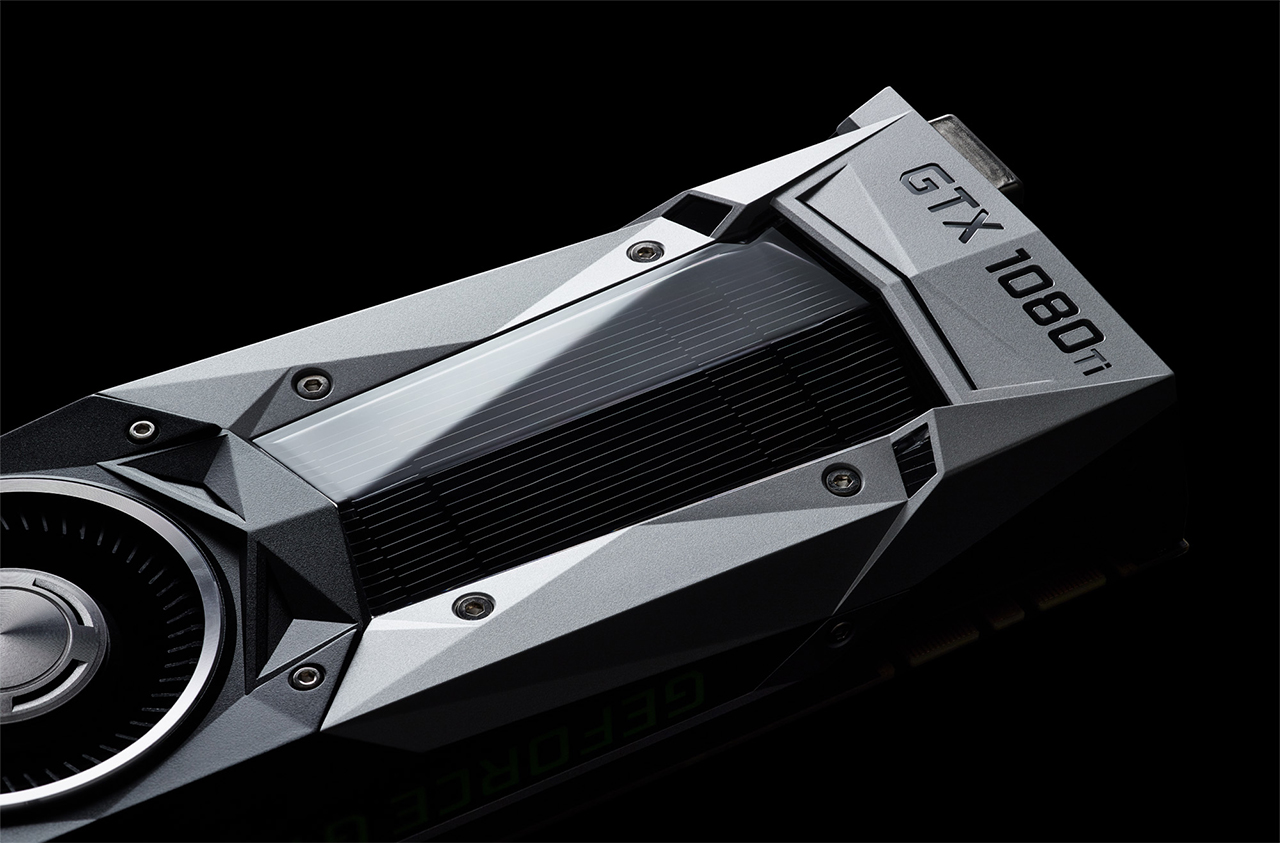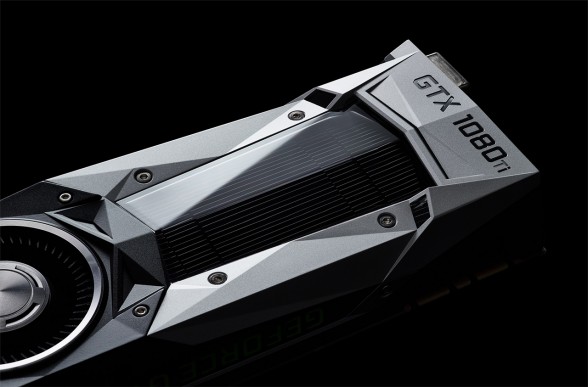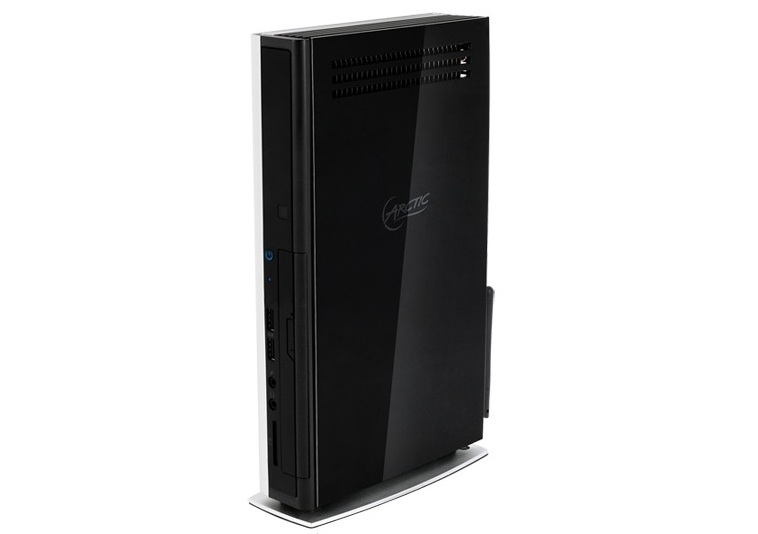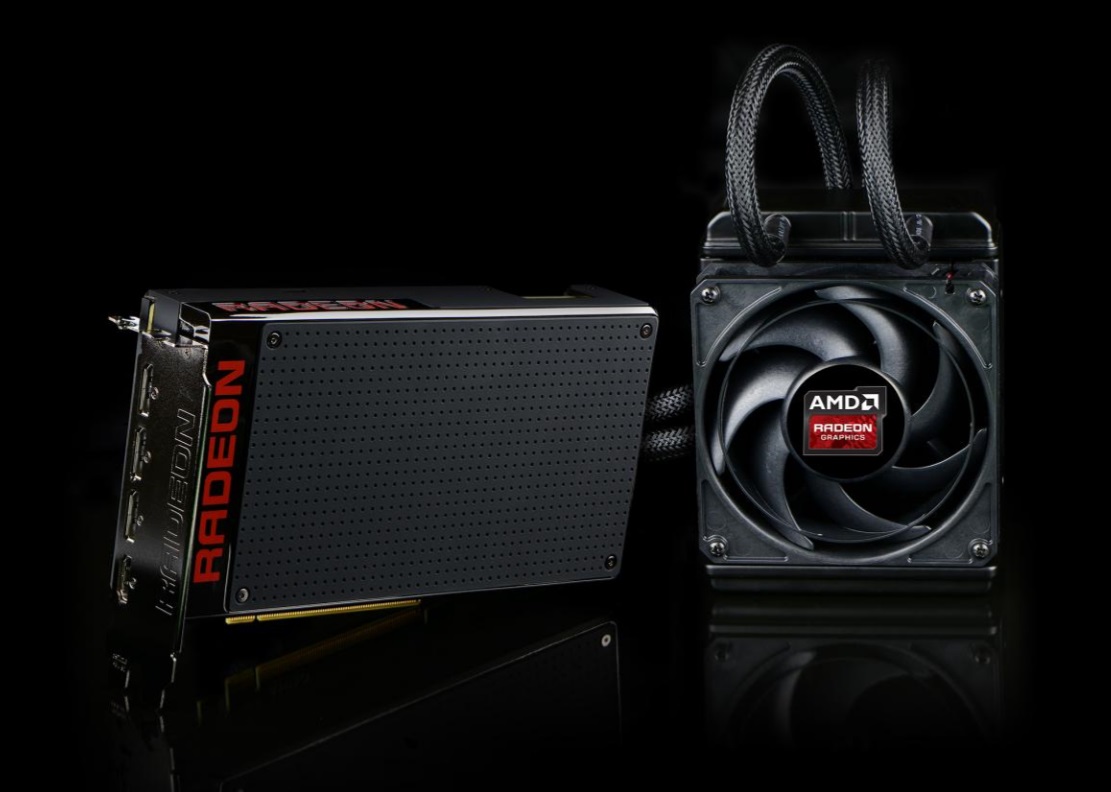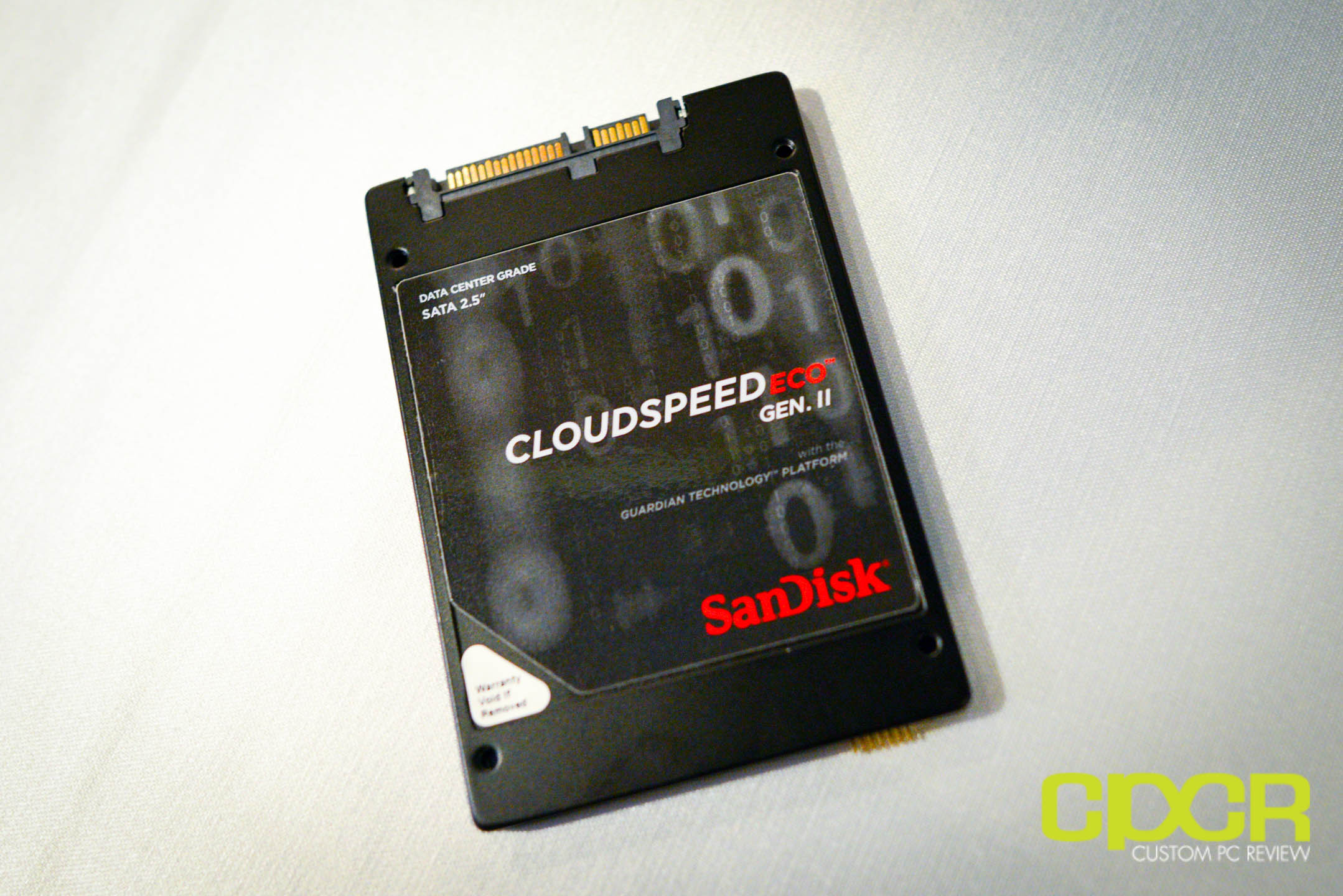NVIDIA’s next-generation Pascal architecture is finally being released to consumers this Friday, in the form of the GTX 1080. While NVIDIA’s new king does pack quite an impressive punch, many enthusiasts are still greatly anticipating the release of NVIDIA’s highest-end gaming graphics cards, the possible GTX 1080 Ti and new Titan.
Historically, NVIDIA would release only one “Big” chip, usually with the code-named Gx100 (with x standing in for the first letter of the name of the architecture), however, there’s been quite a few rumors recently surrounding a possible second “Big Pascal” chip, which will serve as a middle ground between the enterprise focused GP100, — found in the aptly named Tesla P100 — and the smaller GP104 core which powers the upcoming GTX 1080 and GTX 1070 graphics cards. Recently, the existence of said chip has been confirmed via a post made by AIDA64. The post contains a list of device IDs of for the Pascal-family of GPUs, and includes listings for both the GP102 as well as the GP106 core we previously reported on, which is rumored to power the GTX 1060.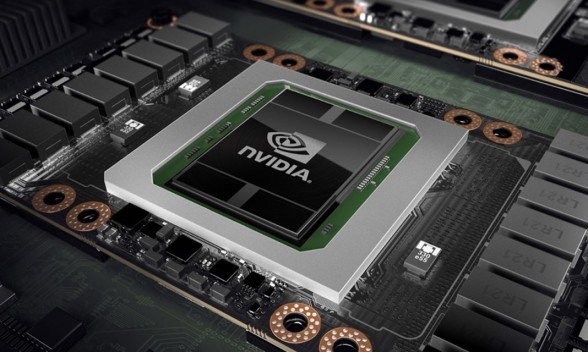
While it is not a guarantee that the GTX 1080 Ti (or new Titan) will be based on the GP102, it would make sense as the GP100 is a very expensive chip that is designed for enterprise level computation. With a total of 5,760 CUDA cores, comprised of 3,840 single-precision FP32 cores and 1,920 double-precision FP64 cores, the latter of which are not intended for gaming applications and would therefore be an unnecessary expenditure. On top of that, the chip also features a 4096-bit HBM2 memory interface, that also adds to the overall cost significantly.
It’s also entirely possible that NVIDIA could use the same GDDR5X memory found in the GTX 1080, which would not only cut costs significantly, but also ensure demand is able to be met. There’s no telling how many CUDA cores are present on the GP102 chip and whether or not it will feature the full 3,840 FP32 cores found on the GP100, or if some will be disabled due to yields.
Source: AIDA64 (via Facebook)

